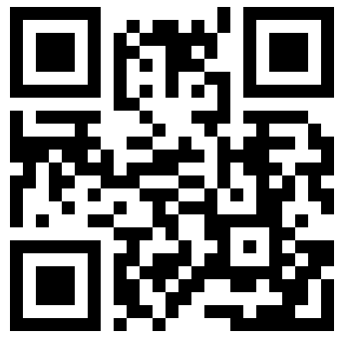Phone
+86 18630938527
The continuous progress of medical technology has brought many new breakthroughs and hopes to the field of neurology. In the past few decades, medical ultrasound scanners have become an important tool in medical imaging. They are widely used for the diagnosis and treatment of many diseases, such as heart disease, tumors, and endometriosis. However, recent studies have shown that medical ultrasound scanners also have potential application value in the field of neurology. This article will explore the potential applications of medical ultrasound scanners in the field of neurology, as well as the opportunities and challenges they bring.
Part 1: Working principle and technological progress of medical ultrasound scanners
1. Working principle: Medical ultrasound scanners generate images by sending ultrasound waves to the interior of the human body, and then receiving and analyzing the reflected ultrasound signals. They utilize the differences in the propagation speed of ultrasound in different tissues and organs to determine structure and function, thus achieving non-invasive diagnosis and monitoring.
2. Technological progress: With the continuous progress of technology, medical ultrasound scanners have achieved many important technological breakthroughs. For example, 3D and 4D ultrasound technology enables doctors to obtain more detailed and accurate image information, enhancing the diagnosis and evaluation of lesions. At the same time, the introduction of contrast-enhanced ultrasound technology enables doctors to better observe blood flow and vascular conditions, providing more information for research in the field of neurology.
Part 2: Application of medical ultrasound scanners in the field of neurology
1. Neuroblood flow imaging: Neuroblood flow is one of the important indicators of neural functional activity, and accurate measurement and evaluation are crucial. Medical ultrasound scanners can observe and analyze cerebral hemodynamics in real-time through contrast-enhanced ultrasound technology, helping doctors understand the mechanisms of neurological diseases and develop more refined treatment plans.
2. Assessment of nerve injury: Medical ultrasound scanners can evaluate the degree and recovery of nerve injury by observing and analyzing changes in nerve tissue in real-time. They can provide information about the location, size, and shape of nerve injuries, assisting doctors in accurate diagnosis and treatment.
3. Neuroelectrophysiological research: Medical ultrasound scanners combined with neuroelectrophysiological techniques can be used to study the transmission and processing of neural signals. For example, by combining ultrasound and electroencephalography techniques, researchers can locate and observe the occurrence and propagation of triggering activities in the cerebral cortex.
Part 3: Opportunities and challenges for medical ultrasound scanners in the field of neurology
1. Opportunity: Medical ultrasound scanners have broad application potential in the field of neurology. They have the characteristics of non-invasive, real-time, and radiation free, which can provide more comprehensive and accurate image information and help improve the diagnosis and treatment level of diseases.
2. Challenge: The application of medical ultrasound scanners in the field of neurology still faces some challenges. For example, the resolution and depth of ultrasound limit its application in certain fields. In addition, the complexity of operational technology and effective management of devices also need to be addressed.
Summary:
Medical ultrasound scanners, as an important medical imaging tool, have broad application prospects in the field of neurology. They can provide non-invasive, real-time, and radiation free image information, providing more comprehensive and accurate support for neurological research and clinical treatment. Future research will further promote the application of medical ultrasound scanners in the field of neurology, thereby promoting the development and progress of neurology.
Last:Exploration of the Application of Ultrasound Scanner in Pediatric Diseases
Next:The role of ultrasound scanner in the differential diagnosis of breast hyperplasia diseases
If you have any questions, please contact us!
CONTACT US

